Keeping your enrollment numbers steady requires an understanding of effective ways to communicate with parents. Now more than ever, I hear about programs closing due to low enrollment or providers complaining that they keep losing their 4 year olds to preschool programs in their area.
It is my belief that good programs lose good families because some providers fail to communicate about the benefits of their program with parents.
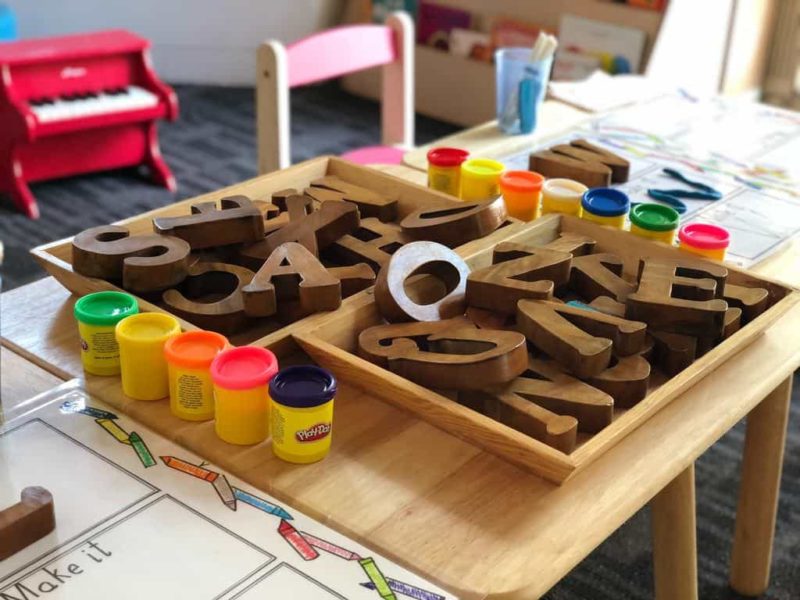
When parents are informed about what kind of experiences their child is having during the day in your program, they are much more likely to:
- Keep their child enrolled
- Consider enrolling subsequent children
- Refer other families
THE IMPORTANCE OF COMMUNICATING WITH PARENTS
Attracting more families to your program starts with how you treat the clients you already have.
Word of mouth travels fast when a family has found a program that is run by a provider who is passionate about their work and offers an excellent experience for their child.

Your current clients must understand the value that comes with the services they have agreed to pay for.
COMMUNICATION WITH PARENTS IN CHILD CARE
Child care providers who are compassionate and work hard to create a positive experience for each child need to make sure they are talking to their clients about child development and the activities they do to support early learning.
Don’t assume your clients know what goes on in your program each day.
Providers must connect the dots for their clients through photos, written text or general conversations.
Effectively communicating with parents about projects, activities and milestones is the best way to help clients see the value.
Here’s Why: Many parents don’t have a background in child development and may not understand why there is a block center in the room or why their child is offered a chance to scoop and dump water into a sensory table repeatedly.
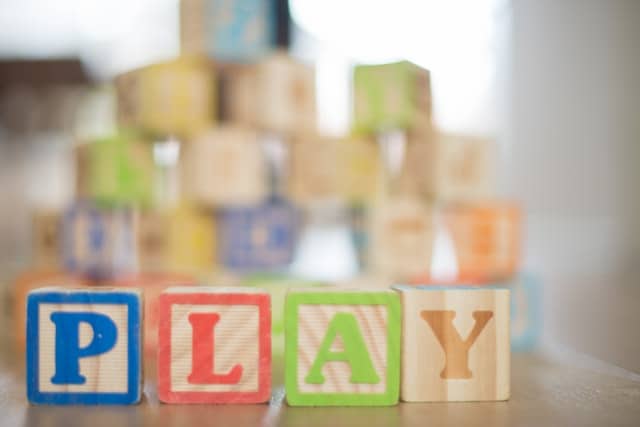
In fact, some parents assume that zero learning happened if they don’t find a worksheet in their child’s backpack.
If you aren’t able to convey WHY the activities you choose are important, then you’ll lose traction in the game of early childhood.
COMMON COMPLAINTS MADE TO CHILD CARE LICENSING
Here are some real complaints shared by parents via child care licensing surveys in my area:
- “I wish I knew what they ate for food that day.”
- “I have never once received an art project or see the kids doing art projects.”
- “We have a pre-k child…would appreciate him to have more structure and teaching versus free play.”
None of the complaints listed above are difficult to resolve. At the root of each complaint is a lack of communication.
TIPS ON HOW TO COMMUNICATE EFFECTIVELY WITH PARENTS
SHOOT: Keep a camera nearby and shoot photos of moments when the kids in your group are engaged in an activity. Shoot 1-5 photos per day. This will create a story about the magic that is happening in your program.

SHARE*: Pick your favorite way to share these photos with your clients. This may include:
- Individual texts throughout the day.
- Send out an email during nap time.
- Start a private shutterfly album for your group.
- Create a private Instagram or Facebook Page.
[*IMPORTANT NOTE ON SHARING CONTENT: Be sure to follow your county’s confidentiality rules when it comes to taking and/or sharing photos or content with other people or on social networking sites. Parents typically need to outline when, where and how you can use a photo of their child. Having their consent in written form is best. If you’re not sure how to do this, the best thing to do is consult your licensor.]
INFORM: It’s time to communicate! Use an excited tone as you share observations about the energy or emotions of the day. Explain the reason for each activity to help parents understand why you chose a certain project or activity.

TALKING TO PARENTS ABOUT THE ACTIVITIES YOU OFFER
After preparing a week full of dental health activities that took a lot of time, thought and effort, who would you prefer to be in charge of your marketing?
You or the child?
Let’s use Dental Health Week as an example. Let’s pretend you thoughtfully set up a dramatic play area, fine motor activities, real life care taking skills practice, and some pre-literacy activities in an effort to teach kids about the importance of taking care of their teeth.
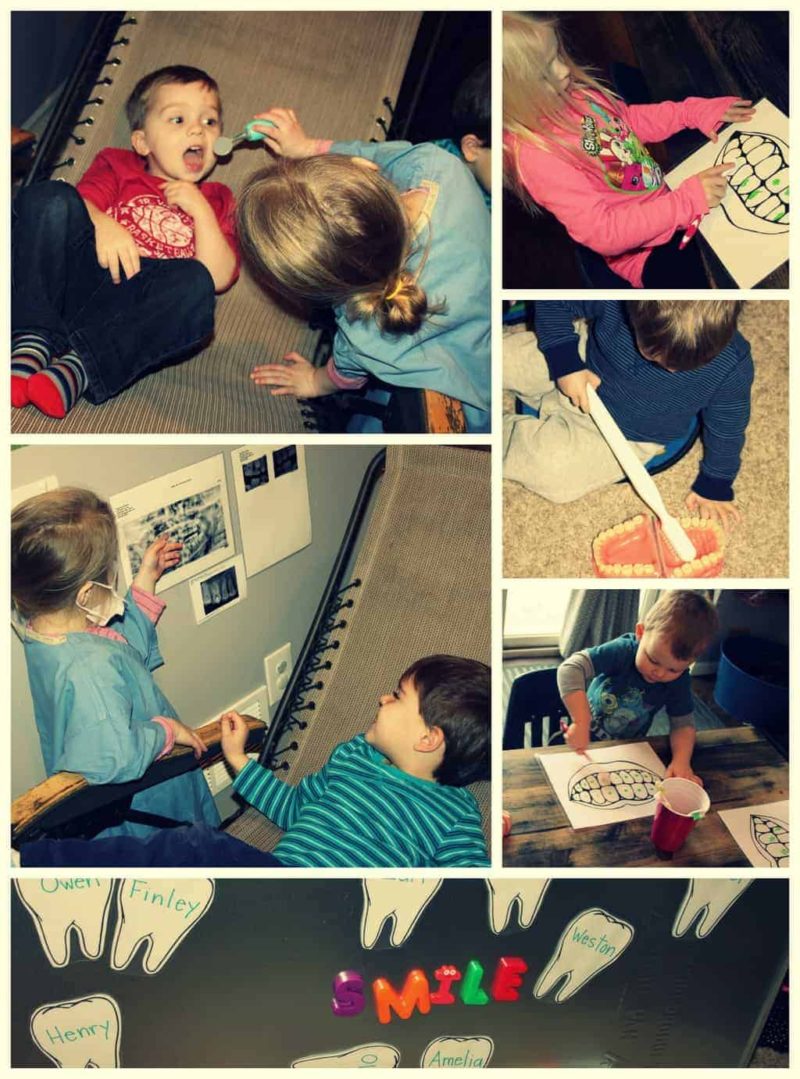
HERE’S WHAT A CHILD MIGHT SAY WHEN ASKED ABOUT HIS/HER DAY:
Hi mom!
Guess what? We played outside and we had cheese & crackers for snack.
The end.
What?!
That’s it?!
After all of the work you put in to a comprehensive unit on dental health? Cheese and crackers and outside time is what the child chooses to tell his mother about?!
HERE IS WHAT EFFECTIVE COMMUNICATION WITH PARENTS SOUNDS LIKE:
Hello parents!
We had so much fun learning about how to take care of our teeth this week!
Our dramatic play area was set up as a dentist office which helped the kids process their emotions about going to the dentist as they role played with one another. We also were able to practice turn taking as ‘being the dentist’ was a popular choice!
Our magnet board was a place to help with name recognition as each friend had a tooth with their name on it. A few of us counted the letters in each friends’ name. Ask your child how many letters are in his/her name!
Lastly, we had an opportunity to practice teeth brushing! Scrubbing plaque (dry erase marker) off of a full set of teeth (laminated mouths) requires some heavy duty fine motor work which will strengthen our finger muscles for writing one day! Ask your child if it’s better to brush up and down or in small circles!
Sincerely,
___________
WHY MARKETING THROUGH COMMUNICATING IS SO BENEFICIAL
When a parent is equipped with information about their child’s day, the parent is able to foster a much deeper conversation with their child and can ask meaningful questions that allows the child further their cognitive development through recall.
According to Sara Peronto, from www.friendshipcircle.org,
As a parent, you can encourage your child’s cognitive development in the areas of memory, concentration, attention and perception by incorporating simple activities into your everyday routine.
This includes asking questions about their day.

A program that provides detailed communication to their clients allows a parent to ask more relevant questions on the walk home or over the dinner table.
In this case, instead of asking, “What did you do today?”, mom or dad might say, “Tell me about that dentist office. Did you get to be the dentist?” or “Do you think you can teach me how to brush my teeth the correct way when we get home?”
5 Benefits of Effective Communication in Child Care:
- The child and parent are able to have a conversation that goes deeper than what the child had for snack.
- The parent is now involved and informed. They have may have been feeling guilty about being away from their child for the day, but now can be apart of the learning process.
- Your clients can clearly see that you are dedicated to their child’s well being. Because of your clear descriptions, they are able to understand the WHY behind the activities you choose for their child and will begin to view you as an expert.
- You have just added incredible value to you as an early childhood educator and to your program.
- If you have permissions to share with the public, now you are contributing to the positive message of how family child care plays a critical role in early childhood.
Now that you’re ready to brag about all of the good things happening in your program, grab these great ideas that promote early childhood skill development!
ACTIVITIES TO TEACH SCISSOR SKILLS
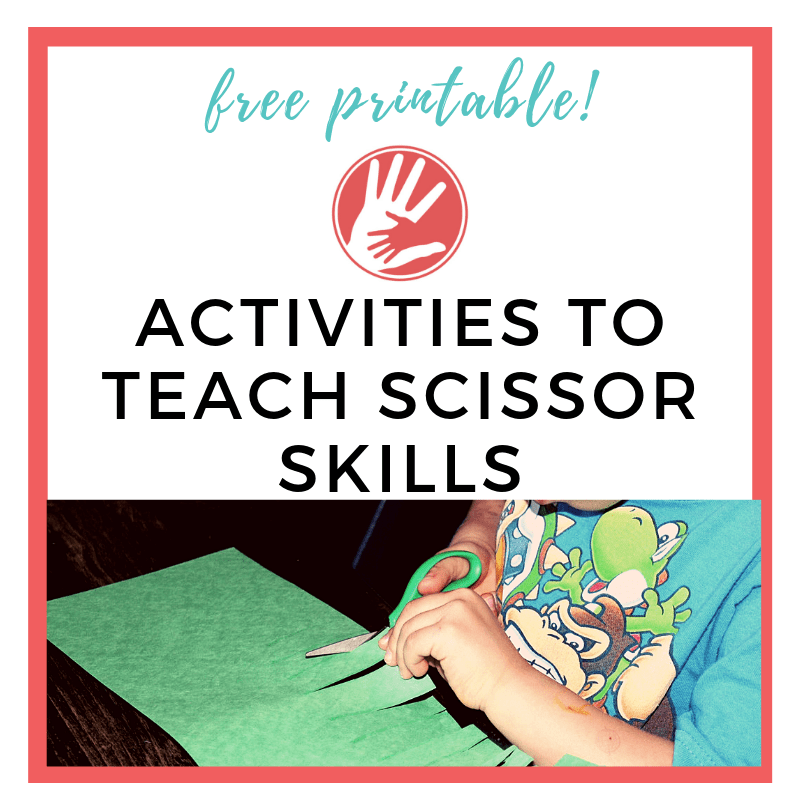
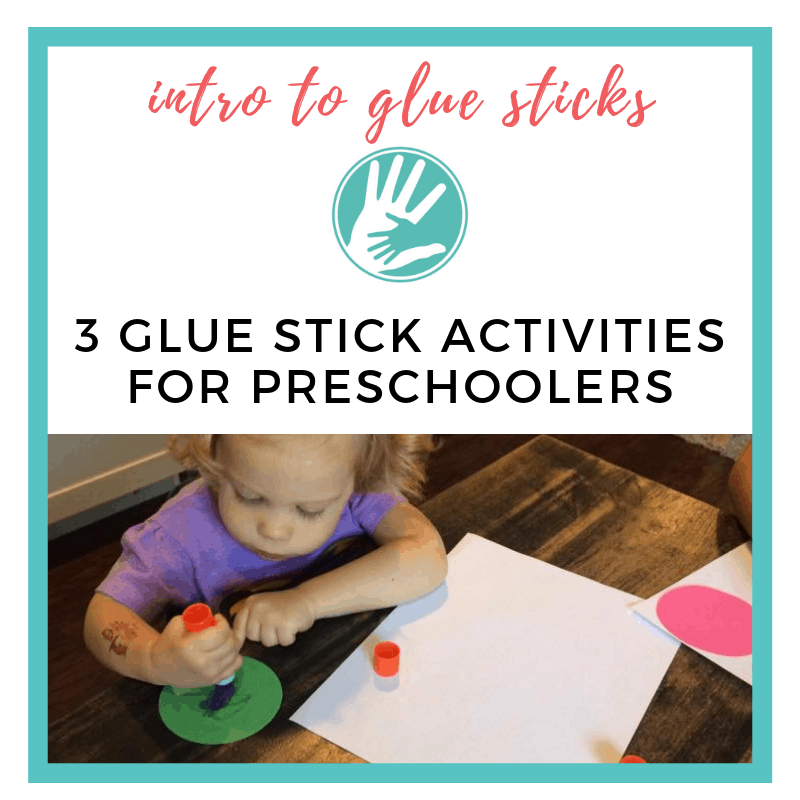
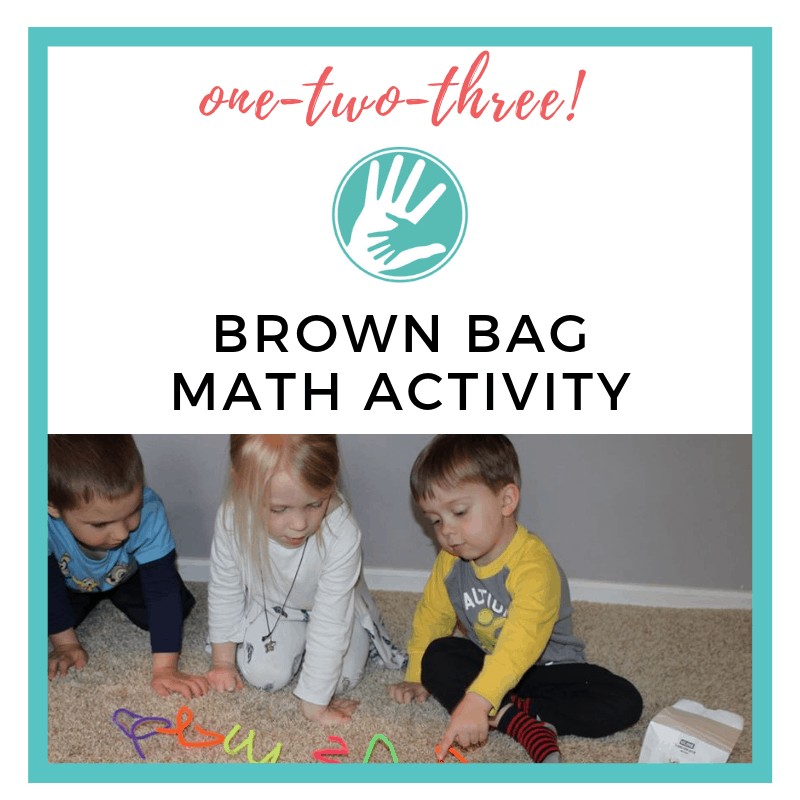
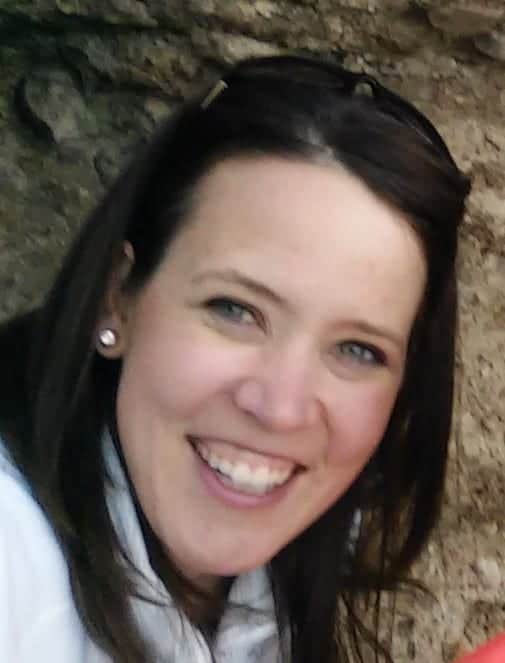 Hey there! I hold the work of early childhood educators (my title for family child care providers) in the highest regard! If you are looking for ways to better your business or to find inspiration to bring joy and meaning to your classroom, then you've come to the right place! Click here to read more!
Hey there! I hold the work of early childhood educators (my title for family child care providers) in the highest regard! If you are looking for ways to better your business or to find inspiration to bring joy and meaning to your classroom, then you've come to the right place! Click here to read more!
Leave a Reply